Affiliate links on Android Authority may earn us a commission. Learn more.
How to spend less time on social media: Here are our team's best tips
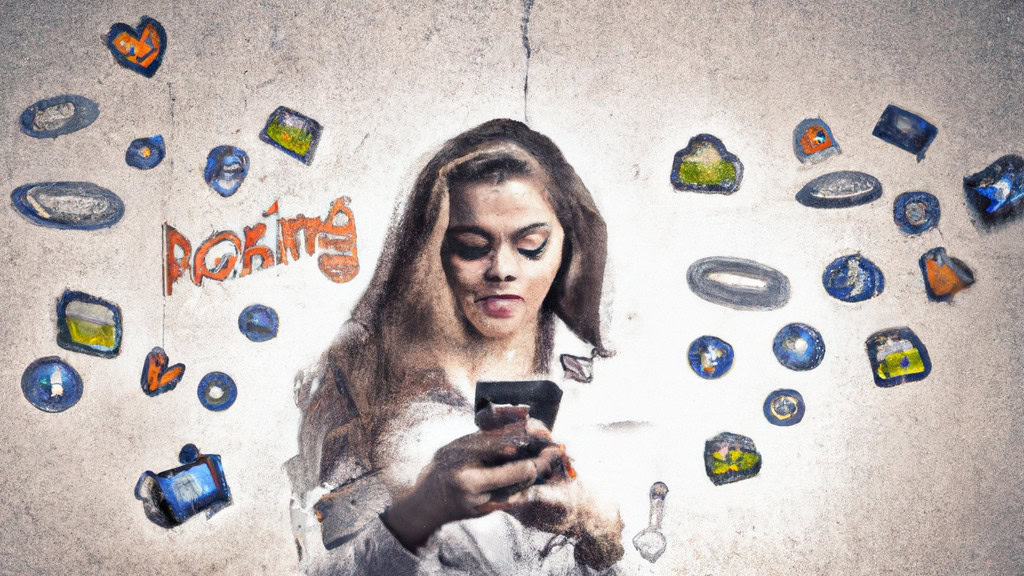
Social media platforms are the new town square. Still, the anonymity of online profiles and algorithmically funneled echo chambers has led to toxic interactions and overconcern about how we present ourselves. While social networks claim to connect us, they often distract us from connecting with those directly in front of us, leaving many feeling paradoxically connected and socially isolated. Moreover, the dopamine-inducing features of social media utilize the same neural circuitry as gambling, causing the brain’s reward region to trigger the same kind of chemical reaction seen with drugs like cocaine. Here’s everything you need to know about social media addiction and some tips from the Android Authority team to curb it.
Why is social media addictive?
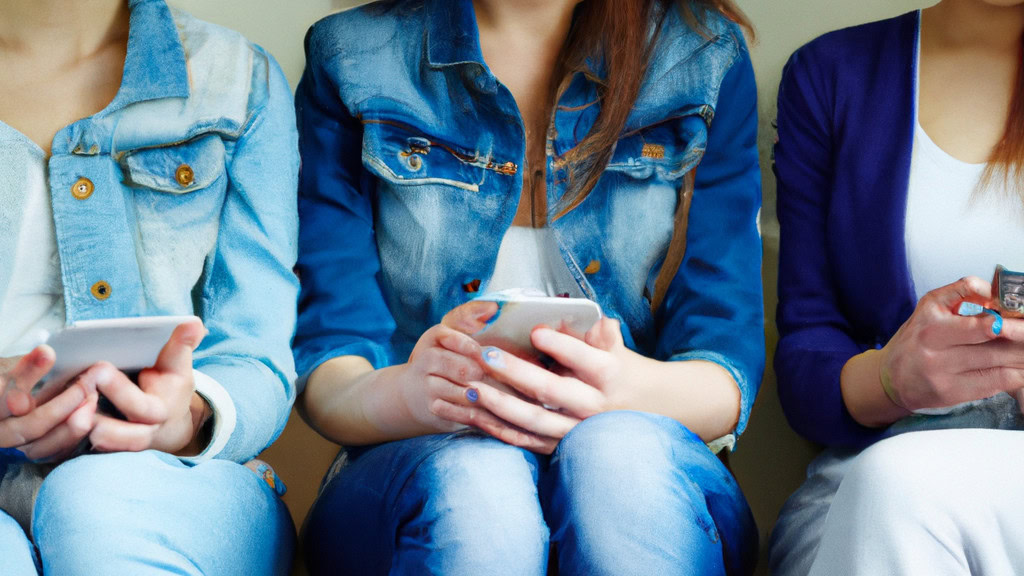
The short answer: because the apps are designed to be. As the late Edward O. Wilson famously stated, “the real problem of humanity is the following: we have Paleolithic emotions, medieval institutions, and god-like technology.” While civilization is spurring-off new marvels every day, our brains are the same as they were in pre-historic times, and our biological hardware can’t keep up with the rapid developments of modern life. As such, technology has outsmarted us. It can learn and predict what we like based on our psychological biases and vulnerabilities, so getting sucked into our smartphones is anything but an accident.
In an economy where developers and advertisers are vying for the commodity of human attention, maximizing the time you spend scrolling through your screen is the name of the game. How do they do this? A simple trick of intermittent reward variables. B. F. Skinner discovered in the 20th century that if you tie a specific action to an unpredictable outcome where rewards are random, you effectively increase repeated behavior. Slot machines employ this very mechanism where you might win big or nothing at all with each pull of the lever. It’s why slot machines make more money in the United States than baseball, movies, and theme parks combined.
In an economy where developers are vying for the commodity of human attention, many use gambling gimmicks to maximize the time you spend scrolling through your screen.
But here’s the truth: It’s the same game being played on your phone. Every time you pull down on the screen to refresh your content feed or swipe back and forth to see what’s new, you are spinning the wheel in the hopes that something exciting will pop up. Maybe it’s that email you’ve been waiting for or a new match on a dating app! Added to this are the fear of missing out and our need for social approval. Someone commented on your post or tagged you in a picture; you’d better check it immediately.
We think we are freely choosing how to spend our time, but these subtle incentives know which buttons to push, nudging us toward never leaving the social media platform. It’s why messaging apps automatically tell the sender when you “read” their message instead of letting you choose to disclose whether you saw it; it creates a sense of urgency and obligation to respond. Our agency is hijacked right from under our noses, and we wonder where all the time went.
The downsides of social media addiction
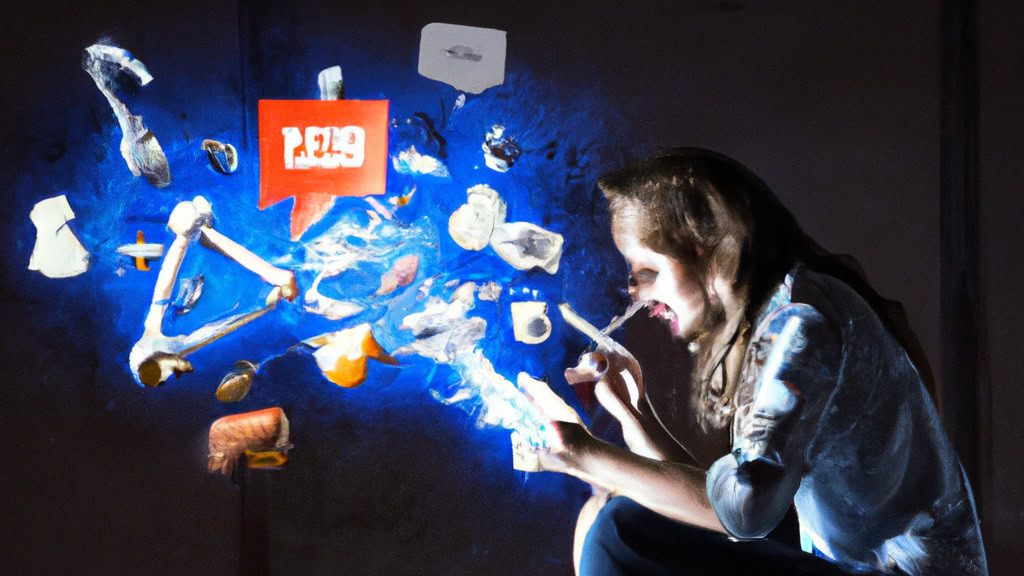
Much recent research has demonstrated how excessive social media use can have detrimental physical and psychological effects. These range from addictive behaviors and withdrawal symptoms resembling substance abuse to depression, anxiety, and a warped perception of reality. Here are some of the most common adverse effects of social media addiction:
- Cognitive effects: Problematic social media use is significantly linked to the emergence of serious cognitive effects a year later. This includes reduced attention, increased impulsivity, and increased hyperactivity.
- Reduction in grey matter: MRI brain scans of Facebook users demonstrated a significant decrease in gray matter in the amygdala. This pruning away of brain matter is similar to the type of cell death seen in cocaine addicts.
- Eating disorders: The more time you spend on Instagram, the more likely you are to develop an eating disorder.
- Neuroticism and anxiety: A person’s social media usage level could predict their neuroticism and anxiety one year later.
- Distraction from surroundings: Taking photos to share on social media increases a user’s focus on self-identity and self-presentation, distracting them from connecting to the world around them.
- Increased suicide risk: A 66% increase in the risk of suicide-related outcomes was observed among teen girls spending more than five hours a day (compared to one hour a day) on social media.
- Anger: According to studies, anger is the emotion that travels fastest and farthest on social media.
These are just a few studies on the disturbing downsides of spending too much time on social media. What’s more troubling is that the effects are worse for the younger generation, highlighting the importance of parents monitoring and limiting how children spend their time online. We are only beginning to see the long-term effects of children growing up in an online environment where people compare themselves to the flawless, filtered, and edited profiles of others. In a world where 77% of teenagers get their news from social media, where virality equals truth, and more than half of students cannot distinguish advertising from real news or fact from fiction. We are the test generation, able to spend unlimited time on social media. We must wake up to where we focus our attention and put our needs and values before our impulses.
Tips from the AA Team
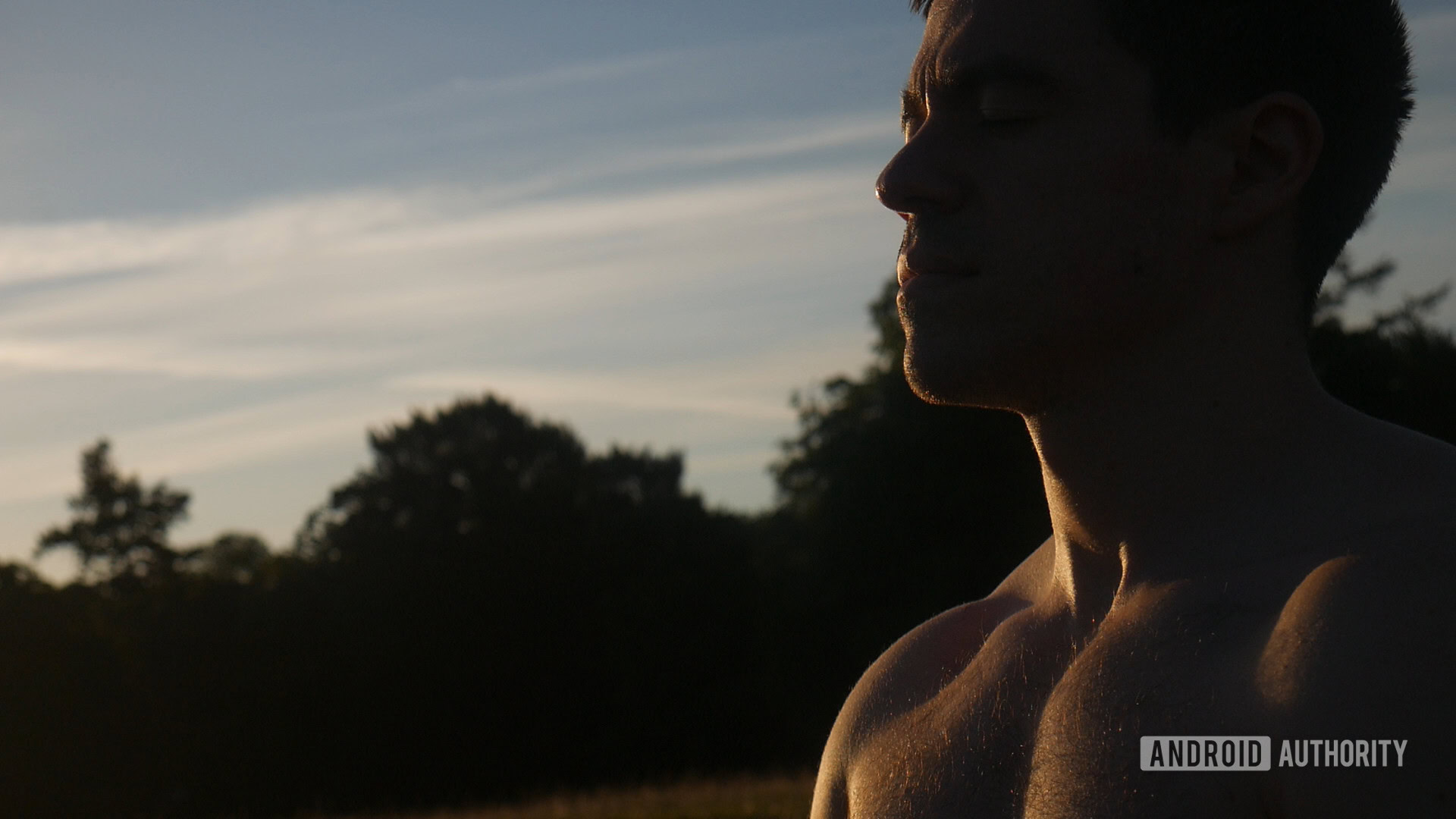
Here at Android Authority, phones aren’t just a hobby but a full-time job. Still, our team members know the harm many popular apps can cause. I asked the team to share their best tips, so their advice is based on various experiences to help you make conscious choices with social media.
Whichever social media platform you use, going cold turkey is one of the most surefire methods to curb addiction. Delete the app and your account, and don’t use it again. Of course, that is easier said than done. One way to start weaning yourself off is to disable notifications so you aren’t tempted to open the app constantly. Another way to limit your time on a social media platform is to set app timers. If you feel drawn to keep scrolling past your limits, give the unlock password to someone else so you can’t. Focus Modes on iOS can also help maintain discipline and filter out notifications from social media.
Delegate social media to a separate device
“Social media is hard. Most of us have to be involved in one way or another for work purposes. Once plugged in for work, a quick check of the personal account becomes a bad habit. My technique to protect myself from having to go to social should help those addicted: Compartmentalize.
I have a separate work phone for my work's social media needs. My personal phone doesn't even have social media apps installed.
At an extreme, I have a separate work phone. My daily driver NEVER receives social media notifications; heck, I don’t even have social apps installed right now. The secondary phone has those apps logged into the work accounts. By making it a physical burden to access the work accounts, I end up leaving the work phone at my desk during off hours, so I can go live my life without the distraction. For most, managing what accounts you have installed and what notifications you receive will greatly help. As for general smartphone addictions, social media will be there when you have time to sit on the phone, so don’t let notifications tear you away from your precious offline time.”
What are you getting out of social media?
“I used to have all the social platforms on my phone and use them as most people do. Then I started thinking critically about them and my usage (and these companies’ business models). It all started with Facebook. I thought about what I actually got out of using it, and the answer was not much. I used it less and less, then deleted my account, and have never regretted it.
Instagram was next. I had no ambition to become insta-famous, and after a while, posting felt like an obligation rather than something fun, so what was I doing it for? There are far better ways to entertain myself, and I’m very aware of the dark side of IG, so that was also easy to ditch. The same logic followed for all social platforms (except Twitter, which I still need for work even though I rarely post) — what did I get out of using them vs. the companies behind them?
If social is still a fun and healthy relationship, then that's great, but as soon as it's not, just be honest with yourself.
What starts out as fun or FOMO for many people quickly turns into donating your data and attention for… not much of value. If social is still fun for you and you think it’s a healthy relationship, then that’s great, but as soon as it’s not, just be honest with yourself. You might be surprised how much easier things get after that.”
Know when to tune in and tune out
“The short answer? I don’t have Twitter or Facebook installed on my phone. Instagram is there for cat videos, but all of its notifications are disabled, so I only open it when I want. I don’t have a TikTok account. The long answer? Grab a cup of coffee.
Facebook never interested me, but Twitter was my weak spot for many years. I joined the social network in 2007 and was active until around 2014. I built a network of like-minded nerdy friends across the world and met many of them in person, and I found job opportunities to advance my writing career. Then Twitter got larger, its usage and purpose shifted, and I couldn’t find my own bearings anymore. So my usage slowly dropped. I removed the app and lived a social network-less life for a few years. 2019 changed that. Lebanon’s economic and societal collapse forced me to be more in touch with what was happening in the country, so I reinstalled Twitter.
I had to rethink my use of the service. Follow more Lebanese people, remove inactive friends or those whose interests no longer align with mine, and be more aware of what I share publicly. I also divided my timeline into lists for tech, Lebanon, Eurovision, and cats/dogs. Although I thought I had done everything possible to balance the doom and gloom with some light and fun content, I got sucked in by the negativity. It was everywhere, from global to local politics and from tech to music and sports. Name a topic, and the “fans” have already ruined it with toxic comments, “ratios,” and generally infuriating behavior.
Twitter was affecting my focus, productivity, and general mood. I was always infuriated by whatever the topic du jour was. So I just uninstalled the app.
For a while, I felt that that was the price to pay to stay on top of Lebanese and global news, but one day, after a long cry over an issue I had no control over, it dawned on me. One, I no longer lived in Lebanon. Although my parents were still there, I had earned the privilege of not caring too much about the everyday hell they’re living in. (Immigration is a realistic and insensitive mess.) And two, Twitter was affecting my focus, work productivity, and general mood. I was always infuriated by whatever the topic du jour was. Eventually, I uninstalled the app, simple as that.
I decided that my mental health, happiness, and work were more important to me. And while I am very grateful to the people on Twitter for opening my eyes to so many issues and educating me on many causes, I am unable to handle those objectively without letting them affect me. So I chose the luxury of not knowing and not being outraged. Now I log in occasionally on the web and tweet — mostly Android Authority articles.”
Closing thoughts
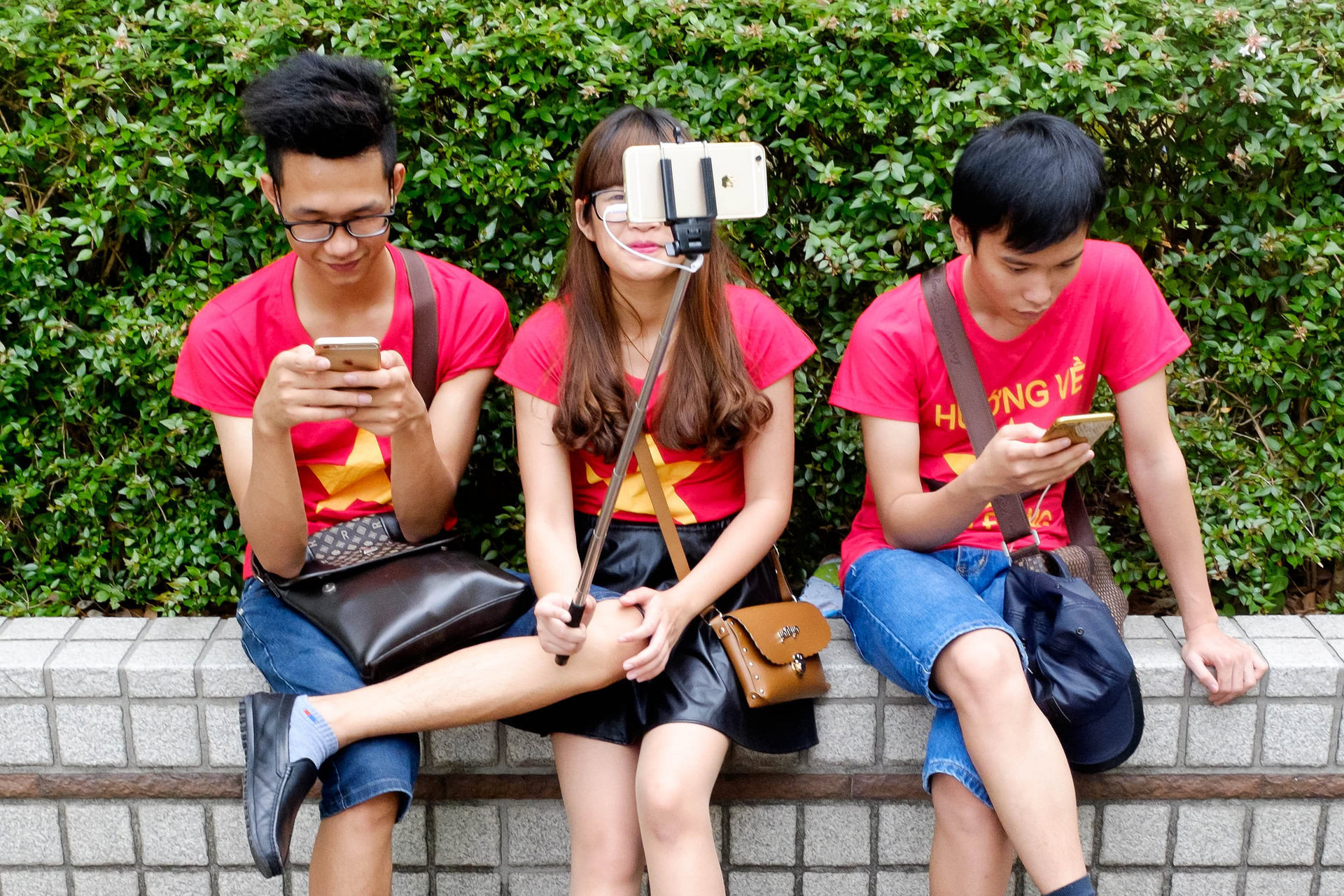
As you have read from a few members of our team, none of us are perfect, and we can all get distracted by social media from time to time. But our time is limited, and the enjoyment we get from social media often isn’t lasting. To reiterate Edward O. Wilson’s quote from the beginning of this article, we have Paleolithic emotions, medieval institutions, and god-like technology. When it comes to socializing, our brains have always been wired to seek out and savor face-to-face interaction with actual human beings, not anonymous avatars on a screen.
We hope this article has helped to inform you of some of the psychological tricks social media uses to keep you engaged and how to overcome them. Maybe try spending time using apps that train and exercise your brain instead. We wish you the best on your digital detox and encourage you to leave a comment if we missed any strategies you might know of to help others stop their social media addictions.
Have you taken measures to reduce your time on social media?
FAQs
Social media addiction is a behavioral addiction that is characterized as being overly concerned about activity on social media, feeling a compulsion or urge to use social media, and spending so much time on social media that it distracts you from your immediate environment.
To reduce the time you spend on social media, start by setting app timers for how long you want to use social media platforms and delete the apps that you don’t find are providing any added value to your life.
One study found that teens who visited any social media site at least 58 times per week were three times more likely to feel socially isolated and depressed compared to those who used social media fewer than nine times per week. Another study found that the amount of time spent using social media is significantly correlated with later levels of alcohol use. Yet another study found that media multitasking is significantly linked to later attention problems. These are just the tip of the iceberg regarding the negative effects of compulsive social media use on students.
Social media addiction is primarily a result of the dopamine-inducing stimulants that social networks provide. Social media platforms prey on the same neural circuitry involved in gambling and recreational drug use to keep users active on their platforms for as long as possible. Likes, retweets, and infinite-scrolling news feeds are some design mechanisms that activate the reward pathways in our brains while requiring little effort.